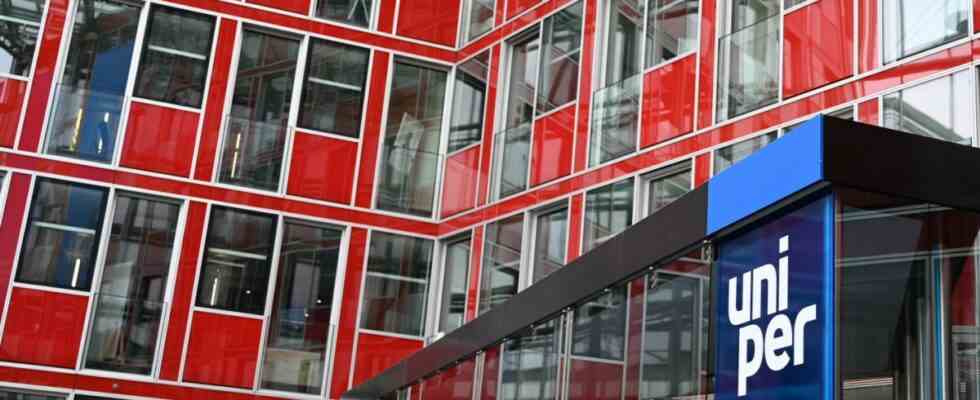Is the right person saved here at all? Not only from the point of view of the Greens and of Economics and Climate Minister Robert Habeck, there can certainly be doubts about this. The energy company Uniper from Düsseldorf was not only Gazprom’s largest foreign customer to date – and thus also an important financier of Russia. It also operates power plants in Russia and nuclear reactors in Sweden. In the Netherlands, the group wants to sue the local government for compensation because a coal-fired power plant is to be shut down prematurely. To put it mildly: Uniper’s business model does not exactly support the traffic light coalition’s planned climate change.
And yet there is no alternative to quick state support for Uniper, even if this will be expensive. Because the effects of bankruptcy would be too severe. Uniper supplies around 100 German municipal utilities and commercial companies with gas. These would themselves find themselves in an existential crisis if Uniper were to fail completely. And that would then have further significant effects on households and companies in Germany. In addition, Uniper is one of the largest electricity producers in the world and also operates gas storage facilities, on which Germany is particularly dependent.
No dividends, no bonuses, tough action: That has to be a condition
The problem: Uniper used to buy gas from Gazprom. But now deliveries from Russia are stalling, and Uniper has to buy gas from other sources in order to be able to continue to supply its customers as agreed. This is extremely expensive and leads to very high losses. The Düsseldorf gas storage facilities, which are actually intended for the winter, have to be tapped. Even if gas were to flow again after the maintenance of Nord Stream 1, albeit to a reduced extent, Uniper would not be able to save it. Because the deliveries will not be enough.
A rescue of Uniper is not only difficult because of the many ties in the German economy. The also controversially discussed support for Lufthansa during the pandemic, on the other hand, was a simple case and – as has now turned out – also lucrative for the federal government. Because the largest German airline has a business model that basically works: Lufthansa “only” had to be helped during the period of massive corona restrictions. It is more than doubtful whether Uniper’s business model will continue to hold up in the future, even if the group is working on CO₂ neutrality. Germany wants to make itself independent of Russian gas and fossil fuels. In this world there is actually no place for companies like Uniper in the long term. And yet Germany still needs the group, also because gas was previously intended as a transitional technology for climate change.
In this situation, the federal government now has to negotiate hard and dictate the conditions. There is a lot at stake, after all, the rescue is said to cost up to ten billion euros. So it is right for the federal government to take a direct stake in Uniper. He must also have a decisive influence on strategy and business policy. As with Lufthansa, Berlin would have to make it a condition that there should be no distribution of dividends and no bonuses for the executive board. In addition, the federal government must govern at Uniper and ensure that the higher gas prices can be passed on to customers, but within reasonable limits.
In addition, the federal government must insist that the previous majority shareholder, the energy company Fortum, which is backed by the Finnish state, also participates, even if it resists it. Anyone who took over the majority of Uniper a few years ago in a tough takeover battle against great resistance and has since earned very well from it cannot simply be relieved of responsibility now. That’s an entrepreneurial risk. A split into bad and good business, as desired by the Finns, must not exist.
Of course it is bitter that Uniper now has to be helped with billions of government money. But in the end, the mistakes of the past are being paid for – too much dependence on Russian gas, too much power for Uniper, too much influence of the Finns.

